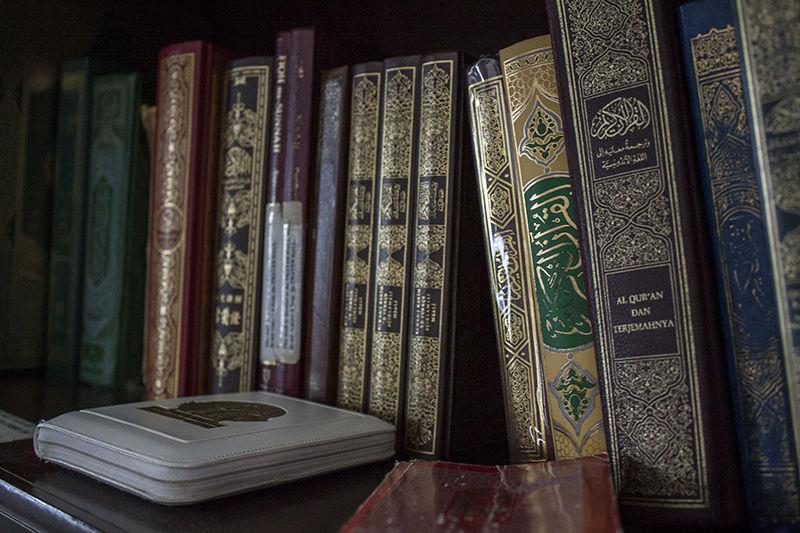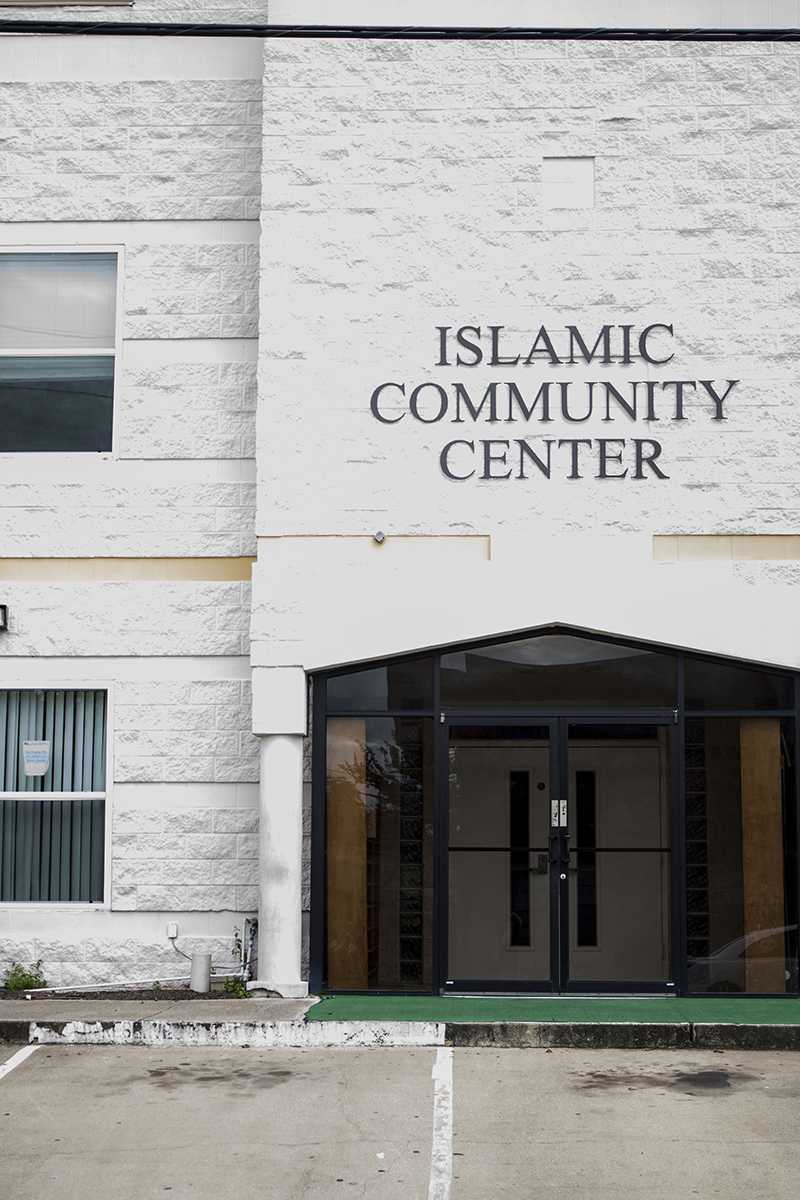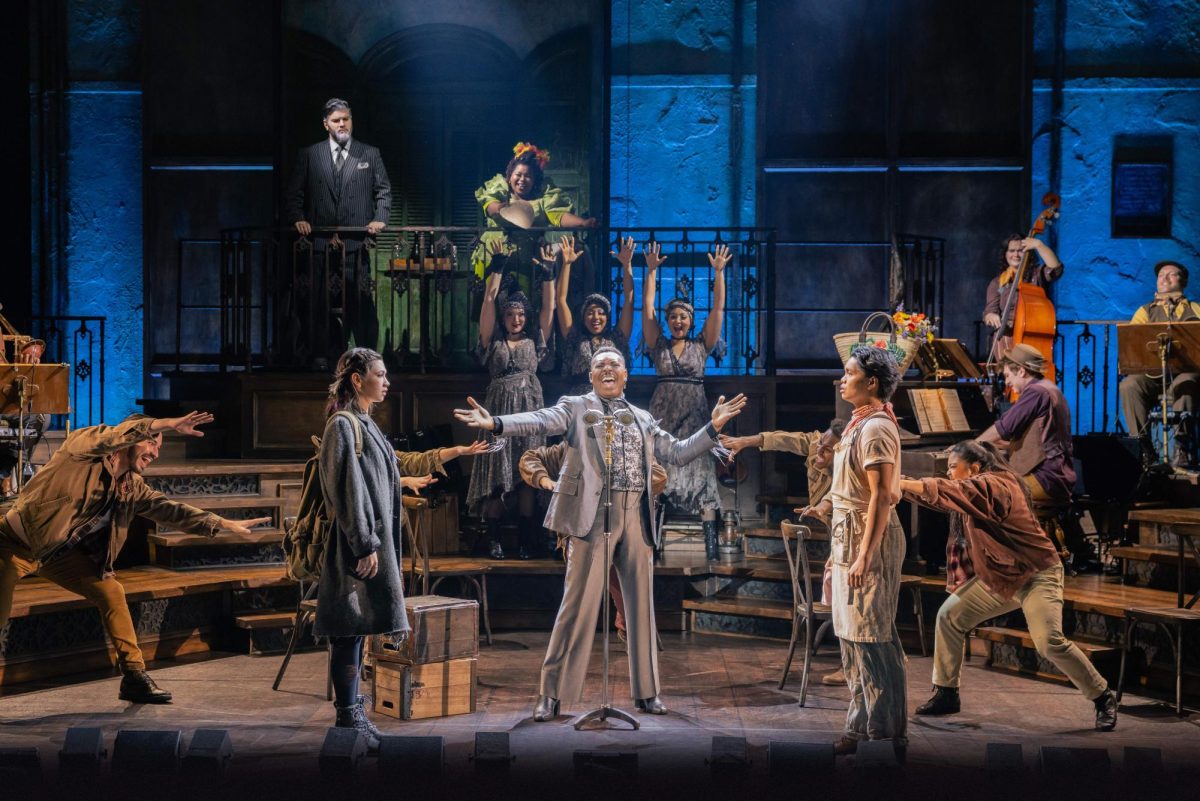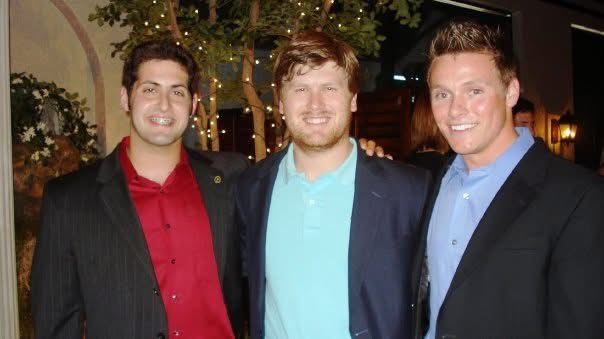Sundown on Wednesday evening marked the beginning of Ramadan, a month dedicated to the time during which Muslims believe Allah revealed the first verses of the Qur’an, the holy book of Islam.
Ramadan is the ninth month of the Islamic lunar calendar, and relative to our standard calendar, it always begins 10 days earlier than it did the previous year. During this month Muslims fast by not drinking water or eating during daylight hours.
Muslim Student Association Vice President and sociology junior Shahd Elbushra said the purpose of Ramadan is to strengthen one’s faith and work toward becoming a better Muslim and becoming closer to God through prayer and fasting.
“By abstaining from our very basic needs of food and drink we are better able to abstain from other sins and harmful acts,” Elbushra said. “The goal of fasting is to constrain ego and work toward better self control.”
Former president of MSA Nimrah Riaz said during the holiday, Muslims awake before sunrise for an early meal and prayer and are not permitted to eat again until after sunset.
“It is customary for some Muslims to observe this type of fasting on Mondays and Thursdays throughout the year, to follow the example of the prophet Muhammad,” Riaz said.
Fasting, or sawm in Arabic, which literally means “to refrain,” is one of the five pillars that make up the foundation of Muslim life. Observers are called upon to reevaluate their lives through religious guidance, during which they believe all parts of the body must be restrained and focused on God.
The Islamic community of Bryan-College Station has a mosque located north of campus that hosts daily feasts after sundown during the entire month of Ramadan.
Because there is only one mosque in the B-CS area, Riaz said it includes members from a wide variety of cultures.
“My family is from Pakistan but I always say that I am Muslim before Pakistani,” Riaz said. “One day we may have Pakistani food and another we may have Iraqi food. Although it is customary to break one’s fast with date palms the way Muhammad did.”
Ramadan ends with the festival of Eid al-Fitr, or “Festival of Breaking of the Fast,” an important Islamic celebration when members dress in their finest clothes to have a full day of eating and gift giving and emphasize generosity and gratitude. It is the single day of the year Muslims are not permitted to fast.
Bioenvironmental sciences junior Waqar Habib said he has always enjoyed the day of Eid.
“Even though I don’t have a lot of relatives in the States, I have one family whose house we go to, have different kinds of foods and have fun in general,” Habib said.
This year, the festival of Eid al-Fitr falls on Friday, July 18.
Islamic community observes beginning of Ramadan
June 17, 2015
0
Donate to The Battalion
$1865
$5000
Contributed
Our Goal
Your donation will support the student journalists of Texas A&M University - College Station. Your contribution will allow us to purchase equipment and cover our annual website hosting costs, in addition to paying freelance staffers for their work, travel costs for coverage and more!
More to Discover

















